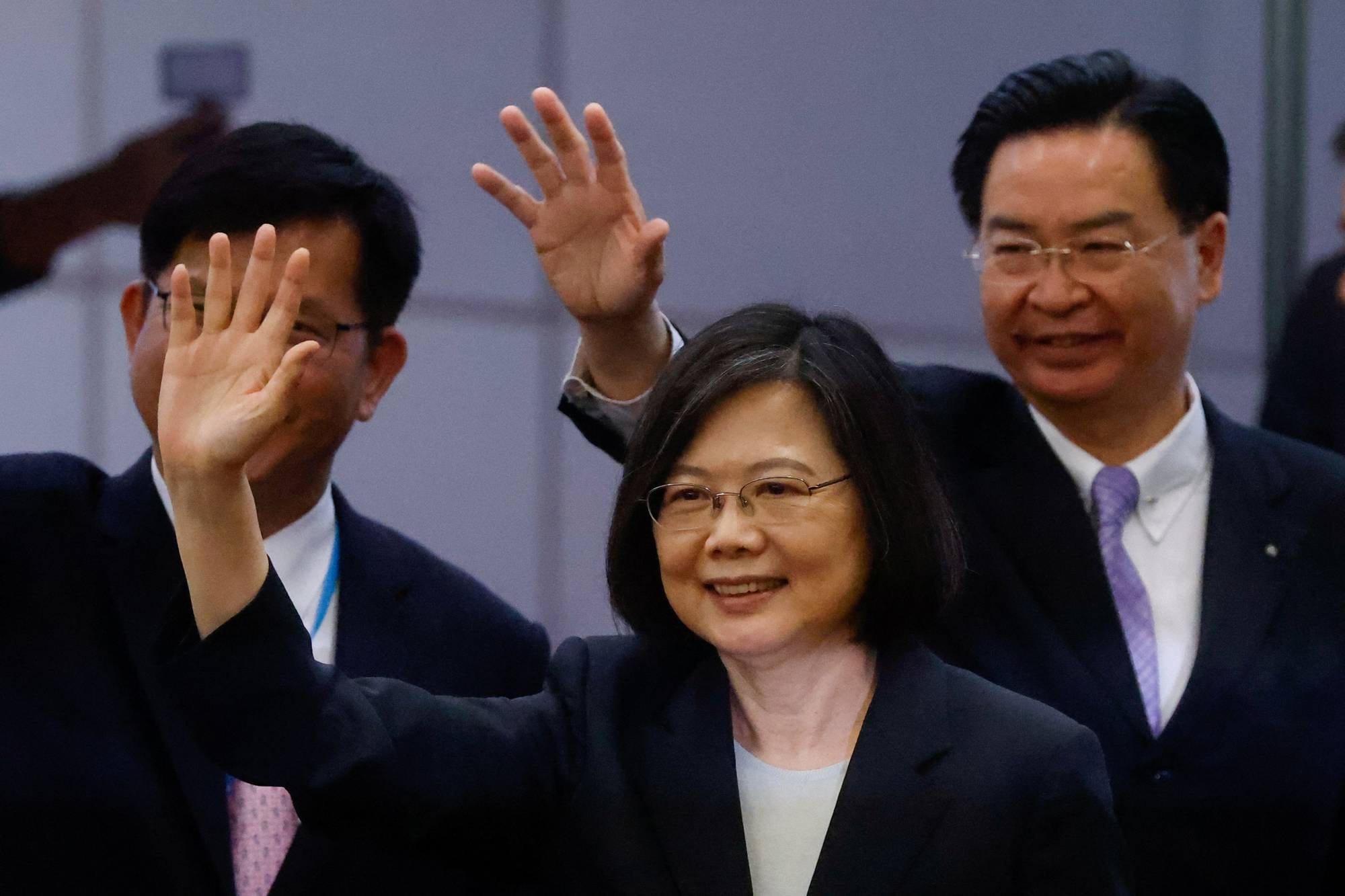By cutting Honduras from Taipei’s already dwindling list of diplomatic allies over the weekend, China is adhering to its well-worn playbook of seeking to isolate Taiwan. But fears of being internationally ostracized have forced Taipei to think of creative new ways to circumvent diplomatic obstacles.
Solutions, experts say, may already be in the works as the self-ruled island expands unofficial ties with like-minded democracies, particularly regional powers and does not rule out the possibility of forging stronger relationships with countries that also recognize China, despite Beijing’s firm opposition.
This, however, will be easier said than done.


















With your current subscription plan you can comment on stories. However, before writing your first comment, please create a display name in the Profile section of your subscriber account page.